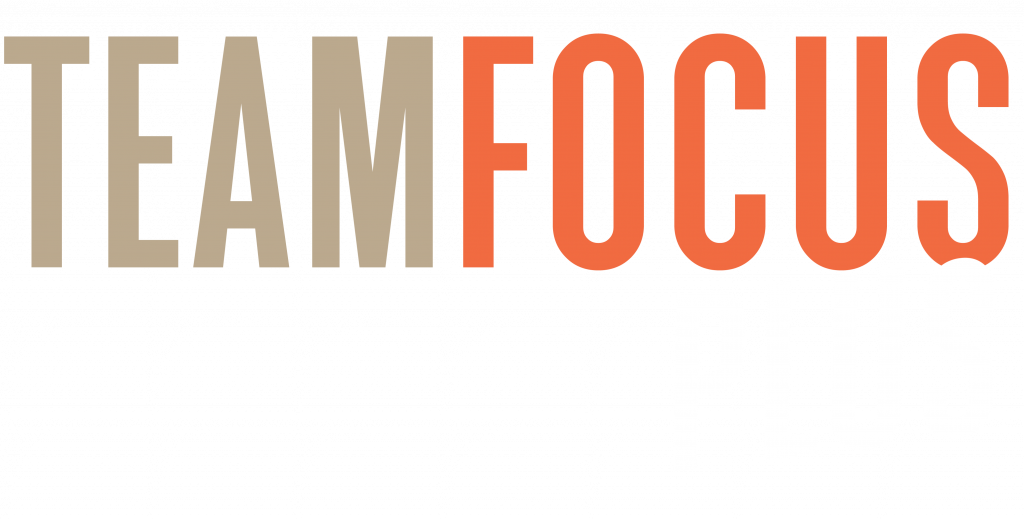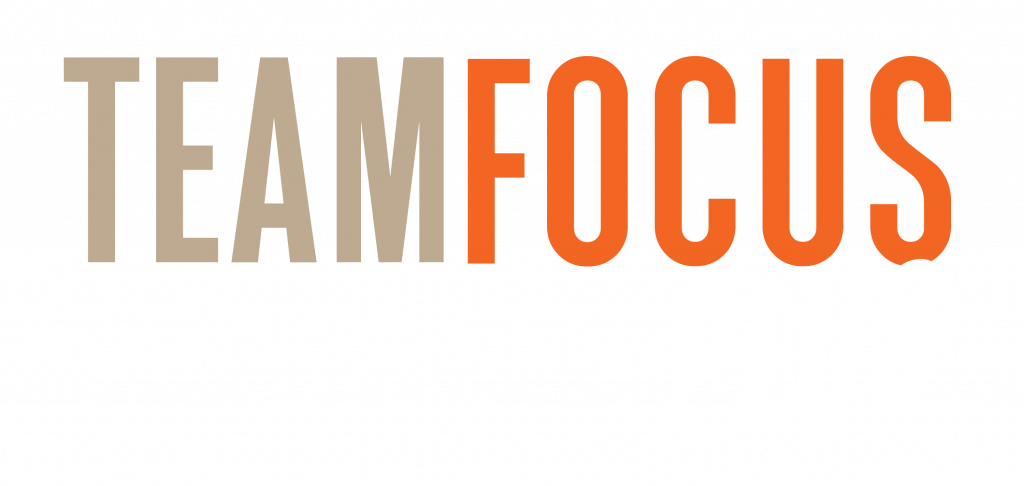Modern innovations like the internet and digital communications technology have made the world today more connected than it’s ever been. Many of us now use these technologies to meet, communicate and form relationships with people from different parts of the world. Companies have also begun taking advantage of this increase in connectivity as an opportunity to reimagine their operations. Many have started to explore working partnerships with foreign organisations, while others now implement remote work setups that allow them to hire employees from outside their local jurisdiction.Thus requiring an emphasis on Cultural Intelligence.
Employing a large, culturally diverse workforce is undoubtedly a fruitful move for organisations, giving them an exponentially wider pool of talent and knowledge from which to draw. Managing such a workforce, however, does also come with its fair share of challenges. To ensure that employees from different backgrounds can work well together and achieve their full potential, it’s key to build cultural intelligence throughout the entire organisation. Cultural intelligence is the ability to relate and interact constructively with people from different cultural backgrounds.
Initiatives like leadership coaching, workshops, and seminars can all help build cultural intelligence within organisations. To maximise the impact of these initiatives, however, organisations must first develop a comprehensive understanding of cultural intelligence as a concept. This feature will delve deeply into the definition of cultural intelligence and the benefits it can bring to any modern organisation.
Understanding Cultural Intelligence
In any workplace environment, employee collaboration is vital to achieving common goals. When a workforce is composed of diverse individuals from different walks of life, this process can be as challenging as it is rewarding. Many people find it all too easy to forget that others may not perceive and interact with the world in the same ways that they do. Others will struggle to determine how they should speak to or act around people who are very different from them. These gaps in understanding can hamper communication and cause friction between co-workers.
Cultural intelligence, then, involves more than having a basic understanding of cultural differences. Culturally intelligent people must also know how to use this understanding to work compassionately and positively with anyone they meet. They’re willing to learn all they can about their colleagues’ different nationalities, traditions, disciplines, and organisational cultures. They then use these insights to cultivate language and behaviours that will enable better problem-solving and communication in the workplace.
Organisation leaders can develop cultural intelligence in a work setting by following the below steps:
- Encouraging employees to be curious, persistent, and motivated to learn during multicultural interactions.
- Gathering and sharing knowledge about the differences between different groups without resorting to cultural caricaturing and stereotyping.
- Developing a strategic approach to multicultural interactions.
- Practising how to adapt speech and behaviour when working in multicultural contexts.
How Can it Benefit Your Organisation
It may take significant time and effort for an organisation to develop high levels of cultural intelligence across the board, but the rewards are well worth the effort. Here are some of the most important ways cultural intelligence can change organisations for the better:
Better Communication
Effective communication between employees is crucial for achieving business goals. It helps team members work more productively, share important information efficiently, and deliver optimal results faster. Workplace communication is verbal and nonverbal and includes a person’s behaviour as perceived by others. Culturally intelligent teams can understand each other more easily and are more willing to ask each other for guidance and clarification in the event of miscommunication, reducing the likelihood of misunderstandings.
More Harmonious Work Environment
Culturally intelligent team members are primed to approach differences of opinion and perspective with appropriate sensitivity and compassion. They can adapt and adjust to account for these differences while still asserting important boundaries when necessary. Culturally intelligent team members will therefore be willing and motivated to help each other build a harmonious, comfortable working environment for everyone.
Better Relations with Investors and Customers
Cultural intelligence is an unquestionable asset when interfacing with customers and negotiating deals with investors from all over the world. High levels of cultural intelligence help organisations forge and maintain long-lasting, healthy working relationships with important business partners. These individuals and entities are more likely to work with culturally intelligent organisations as they see them as trustworthy, efficient, and beneficial.
More Opportunities for Creativity and Innovation
Mitigating the risk of miscommunication and fostering productive, harmonious working environments frees culturally diverse teams to do their best work. A culturally intelligent team with a strong rapport is in the best position to maximise the deep well of diverse perspectives, ideas, and talents they collectively bring to the table. Such a team can identify opportunities for innovation and develop creative solutions to pressing problems.
Although employees may first struggle to adjust how they speak, interact and work with colleagues from different cultural backgrounds, this adaptation will become more natural with practice. As an organisation begins working on their cultural intelligence, team members must be united in their desire to understand each other and to work together constructively.
If you want to know more, call us on 1300 551 274 or send an email at team@teamfocusplus.com. We look forward to hearing from you.






